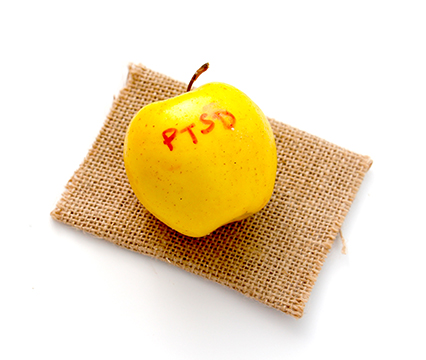Diet quality is associated with mental health, social support, and neighborhood factors among Veterans
Hoerster et al. (2016) highlight that although diet contributes to the higher prevalence of overweight United States Veterans and the related chronic conditions, compared to the general population, little is known about the factors that influence their diet quality. In this study the individual, social environment, and physical environment correlates of 653 Veterans’ general diet quality were examined using a mailed survey. The subjects recruited from VA Medical Center in Seattle, Washington were assessed on diet quality with an instrument called Starting the Conversation, which measured the consumption of unhealthy snacks, fast food, desserts, sugar-sweetened beverages, fats, fruits, vegetables, and healthy proteins. The study found that poorer diet quality was associated with higher severity of depressive symptoms, limited access to low-fat foods, and lack of healthy-eating companions. Greater efforts in managing mental health, increasing social support, and improving neighbourhood access to healthy foods may improve the diet quality of American Veterans. [NPID: PTSD, trauma, snacking, fast food, dessert, fats, sugar-sweetened beverages, sugar, fruits, vegetables, FV intake, depression, low-fat, social support, veterans]
Year: 2016
 Navigation
Navigation






